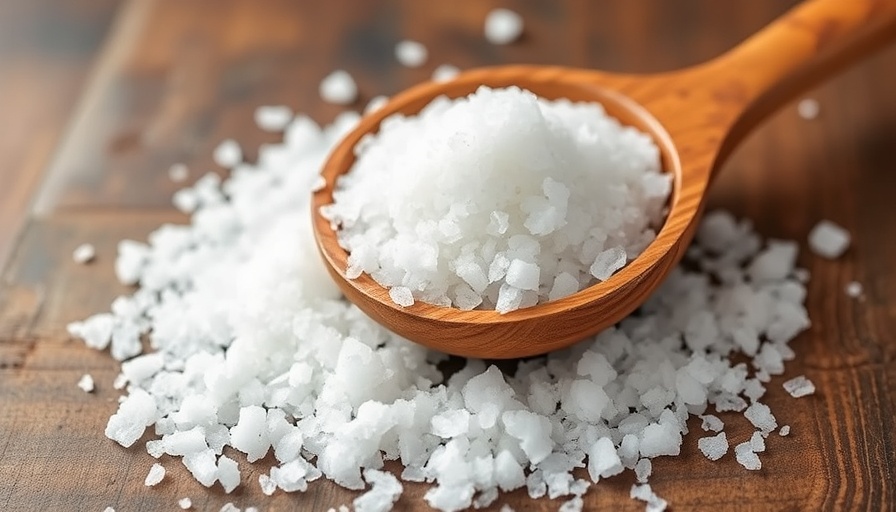
Why Do We Believe Natural Salt Is Healthier?
There’s a widespread notion that natural salts, such as flaky sea and pink rock salts, offer superior health benefits compared to the regular white table salt we find in most kitchens. The glamour of gourmet seasonings, popularized by culinary stars, elevates these products in our minds. People often associate less processing with a healthier option, assuming that mineral content bolsters their nutritional profile. However, nutritionist Sonia Pombo offers a dose of reality: the difference in mineral content is negligible. While these salts might taste great when sprinkled over a meal, they don’t significantly contribute to our nutritional needs.
The Real Culprit: Overconsumption of Salt
Pombo emphasizes that the real issue isn't whether natural salt is healthier than table salt; it’s the sheer amount of salt consumed. With the UK guidelines recommending no more than six grams of salt a day, the average adult is consuming around 40% more than this. Excessive salt intake is linked to health problems such as high blood pressure, stomach cancer, and kidney issues. To tackle this wellness challenge, the focus should shift from the type of salt to reducing overall consumption.
Holistic Approaches to Salt Reduction
Practical steps can help minimize salt intake without sacrificing flavor. Cooking at home emerges as a simple yet effective method. Many store-bought foods, especially bread and sauces, harbor hidden salts that contribute significantly to our daily intake. By making more meals from scratch, individuals can better control their sodium levels and enjoy the benefits of a healthy diet.
Electrolytes: Myth vs. Reality
Digging deeper into dietary myths, the benefits of electrolytes are often overstated. Specialized saline drinks can aid elite athletes or those recovering from dehydration, but for the average person, they’re unnecessary. Many are already consuming too much salt, and instead of focusing on specialized products, managing basic dietary habits is paramount. For effective gut health support, it’s better to reach for fresh fruits and vegetables rather than relying on salt for potassium and magnesium.
The Emotional Connection to Food Choices
Our relationship with food is complicated, intertwined with emotions and social habits. Flaky sea salt may feel luxurious—a splash of interest on an otherwise mundane meal. However, recognizing that a sprinkle of various gourmet salts does not automatically equal health improvements can empower individuals to make better food choices. Fostering an understanding of food’s role in our lives can ease anxieties surrounding health and wellness.
Conclusion: Taking Control of Your Wellness
Understanding the nuances of salt consumption is vital for maintaining a balanced diet and promoting overall well-being. As you make conscious efforts to adjust your salt intake, remember to focus on quality whole foods. Incorporating fruits, vegetables, and practicing mindful eating habits can significantly contribute to healthy living. Join the conversation and share your journey towards a healthier lifestyle. Small steps in how you approach food can lead to monumental changes in your overall wellness.
 Add Element
Add Element  Add Row
Add Row 



Write A Comment